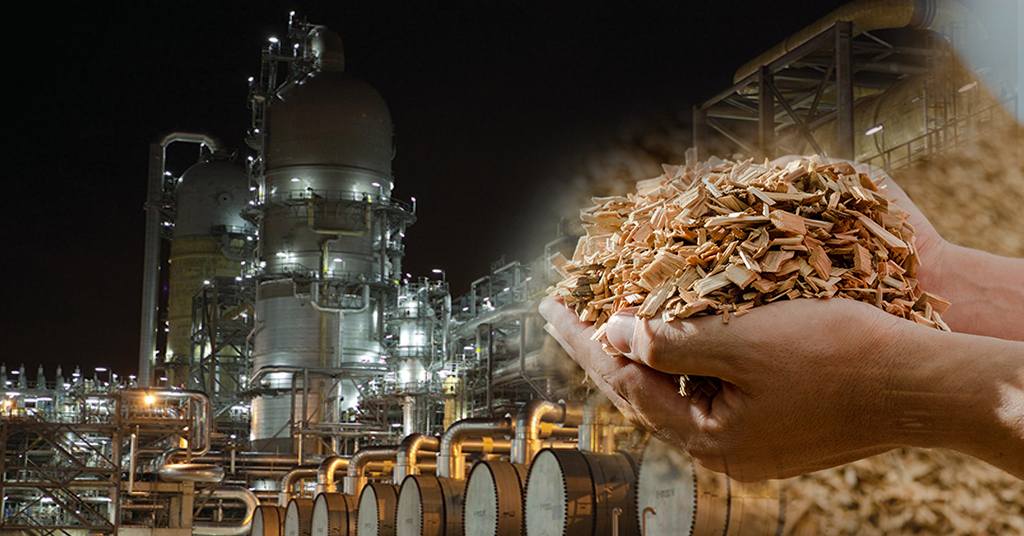Welcome To ChemAnalyst

WASHINGTON: Saudi Arabia and the United Arab Emirates (UAE) are purchasing petroleum products from Russia at significant discounts, despite objections from the United States. In response to sanctions imposed by the US and its Western allies for Russia's invasion of Ukraine, Moscow has lost many of its traditional trading partners and has resorted to selling its products at lower prices.
The Gulf countries, particularly the UAE, have emerged as critical storage and trading locations for Russian energy products that are difficult to transport globally because of the war. Although countries like India have benefited from the reduced prices, Russia has also found willing trade partners in the oil-rich Gulf nations, which may come as a surprise.
In defiance of the US, Gulf countries have disregarded discounted Western products and have started using affordable Russian products for their own internal consumption and refining, as well as exporting their own barrels at market prices. The shift has brought about an unexpected surge in profits for the countries that possess some of the largest oil reserves in the world.
This move indicates how Western sanctions have resulted in unforeseen outcomes, ultimately contributing to the decline of US influence in the Middle East. Although there have been no indications of Gulf countries halting their use of Russian oil, the report highlights that Saudi Arabia has shifted its focus towards a nationalist energy policy that prioritizes their own interests over US concerns.
According to recent reports, Russia's oil exports to the UAE have surged to a new high, reaching 60 million barrels in 2021. However, the same cannot be said for exports to Singapore, which only saw a rise of 13% to 26 million barrels. In terms of product storage in Fujairah, Russia's gas oil now makes up more than 10% of the total barrels, with only Saudi Arabia having a higher proportion.
Additionally, Russian exports to Saudi Arabia have jumped to over 100,000 barrels per day, equivalent to more than 36 million barrels annually. This is a substantial increase from virtually no exports prior to the Ukraine conflict. However, the partnership between Russia and the UAE and Saudi Arabia has caused concern among US officials, who view it as a threat to Western efforts to pressure Russia over the Ukraine conflict. In February, US Undersecretary for Treasury, Brian Nelson, travelled to the Middle East to urge countries such as Saudi Arabia, UAE and Turkey to uphold Western sanctions against Russia.
The United Arab Emirates (UAE) adheres to the United Nations' sanctions and has put in place foolproof procedures to deal with sanctioned parties. Despite this, the country remains committed to trading fairly and transparently with its global partners.
Earlier this year, Saudi Arabia and its allies implemented a cut in oil production to raise oil prices, ignoring objections from the US that this would benefit the Russian war machine. Dubai and other Emirates have emerged as popular international hubs for numerous Russian businesses and affluent individuals who wish to operate without being subject to Western sanctions. Due to price limits and other sanctions, Russia's flagship Urals crude has usually traded more than 30% lower than benchmark Brent in recent months.
On the 12th of March, Aramco, the national oil company of Saudi Arabia, announced an all-time high yearly profit of $161 billion for 2022, making it the largest profit ever reported by an energy firm. This figure included a 27% increase in profits for Aramco's refining division, the state-run corporation's largest unit.
According to a report, Gulf countries have enough refined products like Naphtha, fuel oil, and Diesel. However, recent imports from Russia were made to take advantage of the price gap. Russian Naphtha and Diesel are sold at $60 and $25 per ton less than their counterparts produced in the Persian Gulf. In 2022, France and Italy significantly increased their Diesel imports from Saudi Arabia, thereby reducing their dependence on Russian motor fuel.
We use cookies to deliver the best possible experience on our website. To learn more, visit our Privacy Policy. By continuing to use this site or by closing this box, you consent to our use of cookies. More info.
